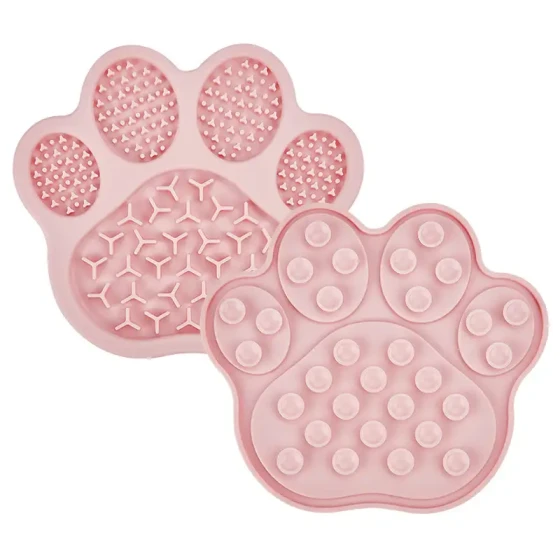Golden Retriever Care Knowledge

Golden Retriever (detailed introduction)
Golden Retrievers give people a feeling of being honest and adorable, smart and obedient, and easy to listen to. They were originally bred as retrieving dogs for hunting wild birds, with excellent swimming endurance. Nowadays, they are mostly used as guide dogs and pets. They are very friendly to primary school students or children. The unique feature of Golden Retrievers is their friendliness towards people and their charming nature.
Care knowledge
Must prepare
Before adopting a Golden Retriever puppy, the following preparations must be made:
1. Take the Golden Retriever regularly for preventive vaccinations. In addition, implanting microchips and disease treatment are necessary concerns during the growth of the Golden Retriever.
2. Because Golden Retriever puppies have not yet learned to defecate at designated spots and urinate frequently, the caregiver has to patiently hold newspapers all day, following the puppy closely to catch their excrement and urine. Also, whenever the puppy shows signs, immediately take it to the designated spot to start learning to go there.
3. The owner must carefully groom the thick back fur of the Golden Retriever, not only brushing the hair daily but also paying attention when the dog is eating to prevent its mouth from getting dirty and avoid food stains. Additionally, maintaining cleanliness of the environment must never be neglected; puppies like to roll on the ground and get themselves dirty.
4. Consider carefully whether you are willing to make the dog happy for a lifetime, and whether you are willing to continuously take care of the dog's excrement, wash bedding, and spend more than ten years living with it.
5. The lifespan of a Golden Retriever is generally 10 to 15 years, which is quite short. Therefore, adopting a Golden Retriever requires the owner to take responsibility for these many years.
6. Like children, Golden Retrievers may have parasites in their stomach and should be regularly dewormed internally and externally from a young age.
7. Some Golden Retrievers develop hip dysplasia due to genetic or acquired factors. Owners must be especially careful and cautious when caring for Golden Retrievers in daily life.



